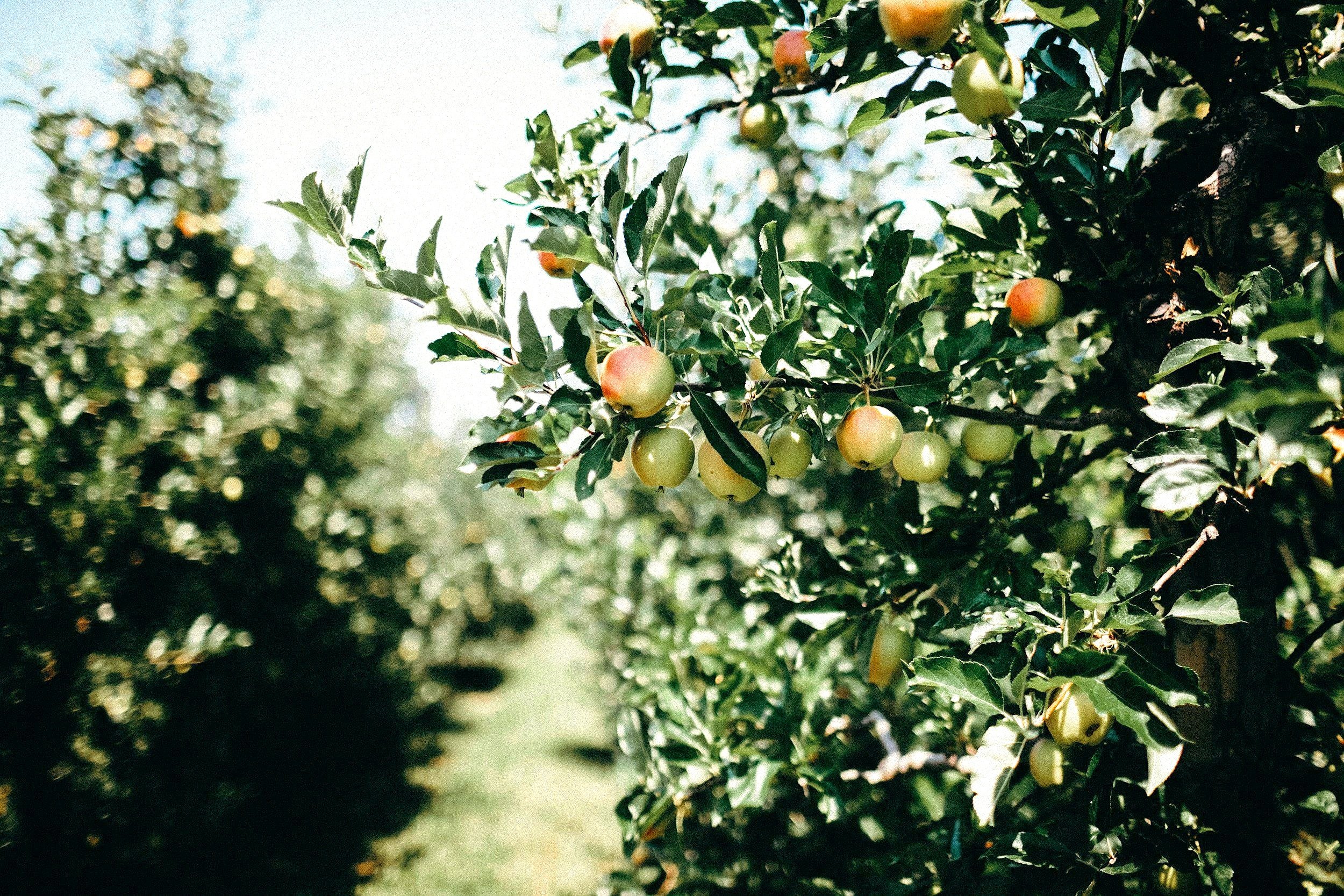From Farm to Table: Agro-Tourism Supports Local Communities and the Environment
Agro-tourism, or agritourism, has rapidly gained traction as a form of sustainable travel that bridges the gap between urban and rural lifestyles. Beyond simply offering visitors unique experiences on farms or vineyards, agritourism benefits local communities economically and fosters a strong commitment to environmental stewardship.
The Economic Impact of Agritourism
Agritourism is proving to be a vital economic engine for rural areas by creating jobs, generating revenue, and offering diversified income sources for small farmers. According to a review by MDPI, agritourism activities such as farm stays and vineyard tours have allowed rural communities to stabilize economically by tapping into the growing tourism sector. This shift has been particularly valuable for areas where agriculture alone may not provide sufficient income .
In Indiana, agritourism has revitalized local economies by boosting partnerships and enhancing visitor interest in farm-based activities. A report by the Indiana Business Research Center shows that rural areas offering agritourism experiences have seen increased revenue and a renewed interest in agricultural preservation. Additionally, many farmers have found that welcoming visitors and offering unique experiences like hayrides or fruit-picking generates more consistent income than relying solely on crop sales.
Environmental Benefits of Agritourism
Alongside economic incentives, agritourism emphasizes sustainability by encouraging eco-friendly agricultural practices. Visitors participating in these activities often develop a greater understanding of and respect for sustainable farming techniques, such as organic farming, crop rotation, and reduced pesticide use. This not only helps the environment but also allows farmers to diversify their practices in ways that may reduce soil degradation and other ecological impacts associated with intensive farming.
A study published by Frontiers in Sustainable Rural Development highlights agritourism as an essential tool for promoting environmental consciousness among both visitors and local farmers. For example, eco-friendly practices implemented on agritourism farms in Iran have inspired neighboring farmers to adopt similar approaches, leading to a more cohesive sustainability culture across rural regions .
Challenges and Potential Downsides
While agritourism presents clear benefits, it’s not without challenges. One key issue is the strain on local resources due to increased foot traffic, especially in fragile ecosystems or areas with limited infrastructure. Agritourism also requires significant investment in facilities and marketing, which can be a burden for small farmers with limited financial resources.
Another concern is the potential for “greenwashing,” where farms may claim to be eco-friendly to attract visitors but lack genuine sustainable practices. Ensuring that agritourism operations are held to high environmental and ethical standards is essential for maintaining the integrity of the movement. Establishing certification processes or adopting recognized eco-labels may help mitigate this issue.
Health and Community Implications
Agritourism provides an excellent opportunity for health-conscious travelers to access fresh, organic food. However, certain health concerns, such as food safety standards, should be considered. For example, consuming farm-fresh products requires that safety practices be rigorously followed to prevent health risks. Travelers interested in agritourism can minimize these risks by choosing certified organic farms and supporting establishments that prioritize safety and hygiene.
On a community level, agritourism has helped empower rural areas by preserving cultural traditions and providing educational experiences. By allowing visitors to connect directly with the origins of their food, agritourism fosters a deeper appreciation for rural lifestyles and environmental stewardship.
Conclusion
Agritourism offers a dynamic way to experience sustainable travel while contributing positively to local economies and environmental conservation efforts. From providing stable income sources for farmers to promoting sustainable agricultural practices, agritourism has the potential to reshape rural economies and foster a stronger environmental ethic among both locals and visitors. Yet, challenges like infrastructure strain, potential greenwashing, and health concerns must be addressed for agritourism to thrive sustainably.
References
• MDPI Journal on Agritourism and Sustainability



